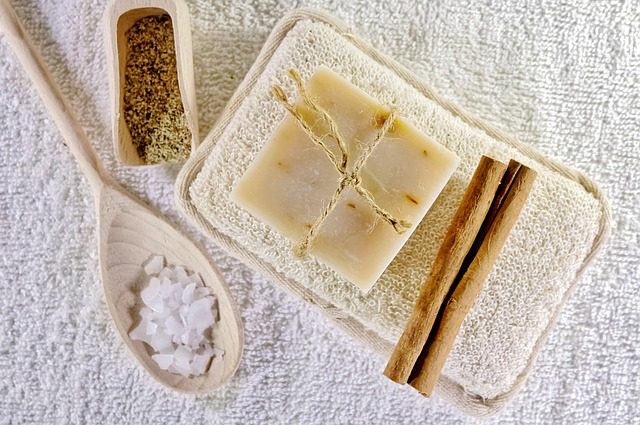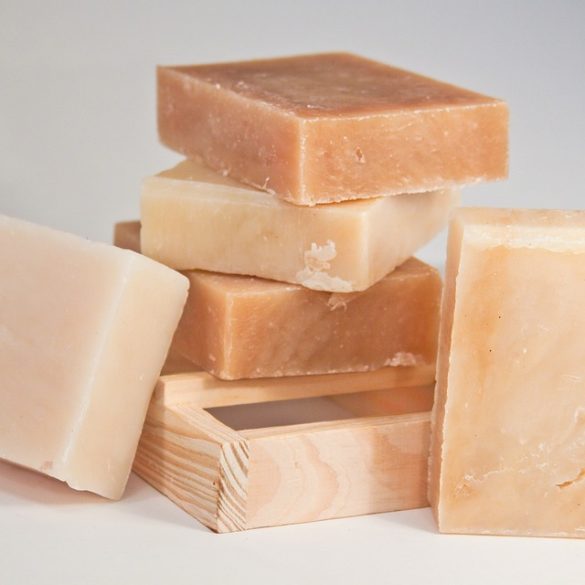In the ever-evolving job market, personal care & services career paths offer a unique blend of personal interaction and professional growth. With an array of options ranging from healthcare assistance to cosmetic services, individuals have the opportunity to pursue careers that can be both rewarding and in demand. This sector is not only about nurturing the well-being of others but also about finding a profession that suits one’s passion and skill set.
Understanding the nuances of this industry can provide valuable insights for those considering a career in personal care services. The following overview will delve into the various aspects of these occupations, including job descriptions, necessary skills, education requirements, salary expectations, and the job outlook.
Table of Contents
What Are Personal Care & Service Occupations?
Personal care and service occupations encompass a broad range of professions that focus on providing services to individuals. These services can include grooming, companionship, fitness, and other forms of personal assistance. The primary aim of these roles is to improve the quality of life for clients or patients, often on a very personal level.
These roles vary widely from hands-on positions like cosmetologists and personal care workers to those that require more indirect care, such as childcare workers and fitness trainers. Each role requires a unique set of skills and, in many cases, certifications or licenses to practice.
What Are Some Examples of Careers in Personal Care Services?
- Personal Care Aides
- Home Health Aides
- Childcare Workers
- Hair Stylists and Barbers
- Manicurists and Pedicurists
- Skin Care Specialists
- Massage Therapists
Careers in personal care services offer diverse opportunities, with each role catering to specific needs and interests. Whether it’s assisting the elderly at home or providing beauty services in a salon, these careers play an essential role in improving clients’ day-to-day lives.
What Is the Job Description for Personal Care Services?
The job description for personal care services varies greatly depending on the specific occupation. In general, these roles involve tasks that support clients’ health and well-being, such as bathing, dressing, or providing skincare. Some positions may require more specialized services, such as haircuts or therapeutic massages.
For example, personal care aides assist clients with day-to-day activities, while cosmetologists focus on hair, skin, and nails. Childcare workers are responsible for nurturing and developing young minds, and fitness trainers help individuals achieve their health and wellness goals.
What Is the Salary for Personal Care Services Positions?
The salary for personal care services positions often reflects the level of specialization and certification required. As of the latest data, the average annual wage for personal care positions is around $29,450. However, this figure can fluctuate based on factors such as location, experience, and the type of service provided.
For instance, personal care aides may earn on the lower end of the spectrum, while specialized roles like massage therapists or licensed estheticians may command higher salaries. It is also noteworthy that some states, like Nevada, offer higher wages for these positions.
What Skills Are Required for Personal Care Services Careers?
Personal care services careers require a mix of hard and soft skills. Hard skills, such as proficiency in cutting hair or applying makeup, are often acquired through specialized training programs. Soft skills, such as empathy, patience, and communication, are equally vital in these roles, as they involve close interaction with clients.
Key skills commonly needed in this field include:
- Interpersonal Skills
- Attention to Detail
- Physical Stamina
- Time Management
- Discretion and Confidentiality
Developing these skills is crucial for success in personal care services, as the quality of service can significantly impact client satisfaction and career longevity.
What Level of Education Is Needed for Personal Care Services Jobs?
Education requirements for personal care services jobs vary greatly. Some roles, such as personal care aides, may only require a high school diploma and on-the-job training. Other positions, like cosmetologists or barbers, typically require completion of a state-licensed program and passing of state exams.
Moreover, childcare workers might need certifications or even associate degrees, depending on the state regulations and employer preferences. The level of education and training not only ensures the quality of care but also opens doors to career advancements.
It’s important to research the specific requirements for the personal care service role you’re interested in, as state laws and regulations can widely differ.
What Is the Job Outlook for Personal Care Services Careers?
The job outlook for personal care services careers is promising, with an expected growth of 14% over the next decade. This projection suggests the addition of approximately 544,800 new jobs, signifying the increasing demand for these occupations.
The growth can be attributed to an aging population, a rising focus on personal well-being, and an increasing desire for specialized beauty and personal care services. As such, employment opportunities in this field are likely to be plentiful, offering a sustainable career path for many.
Exploring the Personal Care Services Industry
What is a personal care and service occupation?
A personal care and service occupation is a job role that involves providing services that cater to a person’s comfort, personal hygiene, and aesthetic needs. These occupations can include roles like caregivers, hairstylists, or fitness coaches.
These roles are characterized by one-on-one interactions and a focus on enhancing an individual’s quality of life through various services and support.
What is the personal care services industry?
The personal care services industry is a sector that encompasses businesses and professionals who offer a wide range of services aimed at improving personal well-being. This industry covers sectors such as beauty salons, spas, residential care facilities, and in-home personal care services.
It focuses on services that directly impact an individual’s physical and emotional well-being, making it a crucial component of the broader healthcare and wellness landscape.
What is the job outlook for personal care?
The job outlook for personal care is robust, with significant growth expected in the coming years. This optimistic forecast is largely due to demographic trends, such as an aging population, which increases the demand for personal care services.
Additionally, societal shifts toward wellness and self-care contribute to the expansion of the industry, suggesting a stable career outlook for those interested in entering this field.
What career is PCA?
PCA stands for Personal Care Assistant, a career in which individuals provide direct care and assistance to clients, often in their homes, to support them with daily activities and healthcare needs. This role is crucial for those who have disabilities, chronic illnesses, or are elderly.
PCAs play a vital part in ensuring their clients maintain dignity and a good quality of life by offering services tailored to each individual’s requirements.
For a deeper understanding of the day-to-day tasks and the importance of personal care assistants, here’s a video that provides valuable insights:








